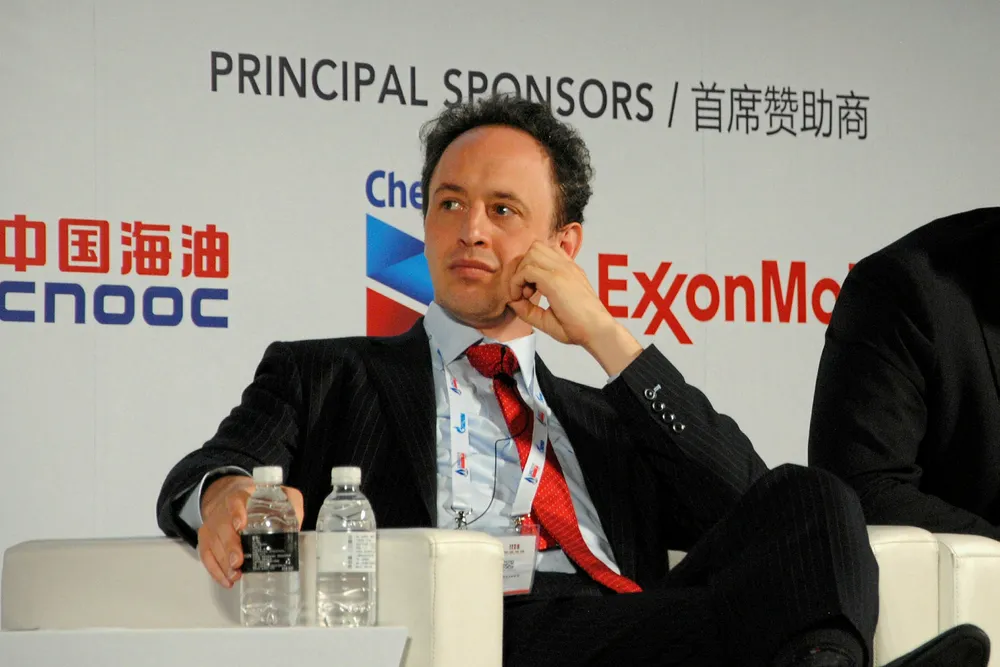Asia may copy EU on gas market regulation

Asian countries are following the European Union (EU) in trying to regulate their gas markets, which may result in banning destination clauses in liquefied natural gas contracts.
Long-term supply contracts will lose their appeal in a liberalised market, while importers will also be able to get better deals through revised prices.
Japan has taken the first steps towards the liberalisation trend in the region while other major LNG importers such as South Korea and China may follow suit.
Edward van Geuns, partner at law firm De Brauw Blackstone Westbroek, said it remains to be seen if Asian countries will be able to do away with market destination clauses that have long hindered gas market liberalisation.
"What is very clear is that they (Asia) have looked at what the European Commission has done and they are taking their lesson from that," Van Geuns said at the LNG2019 conference in Shanghai.
"The question is are they able to do that? The European Commission has banned these destination clauses and is policing them fiercely but destination clauses are still common in Asia.
"We need to wait and see if Japan Fair Trade Commission is going to be successful in getting them (destination clauses) out. That is what they are trying to do. They have not done it yet and they are doing their investigation,’’ says Van Geuns told Upstream.
"Copying the European approach does not work, they (Asians) have to find their own rationale.’’
It remains to be seen if Japanese regulators have the same powers as the European Commission in dictating rules which must be followed with all players complying.
Unlike Europe, Japan is a single country and therefore there is only one destination, hence regulators must come up with their own unique solution.
Suppliers have no right to specify destinations in Europe, allowing cargoes to be shifted to various delivery points where they are most needed instead of going to a particular country. The EU argues Europe is a single market and cannot therefore be segmented.
The existence of a liquid gas market has also helped EU regulators to create a competitive environment, making long-term contracts less attractive.
The drawback is that the security which comes with long-term LNG supply contracts can no longer be taken for granted in a liberalised market.
"What the European Commission did is to basically create a more competitive environment. Many long-term contracts have now gone from oil indexation where basically you have a fixed price linked to crude price to a hub indexation like the TTF [Title Transfer Facility], the Dutch gas hub," Van Geuns said.
European buyers have now moved to gas prices linked to crude oil to spot prices thanks to an oversupplied market which resulted in the creation of the TTF.
TTF is a virtual market place where players have the opportunity to transfer gas that is already present in system to another party. Using the TTF, gas that is brought into the national grid via an entry point can change owner before it leaves the national grid at an exit point.
Third-party access to Asian LNG receiving terminals holds the premise of a more efficient use of available infrastructure but there are challenges to its implementation in the region.
Liberalisation is under way in Asia but it will be a long time before clear rules are created, allowing for the creation of a competitive market.
(Copyright)